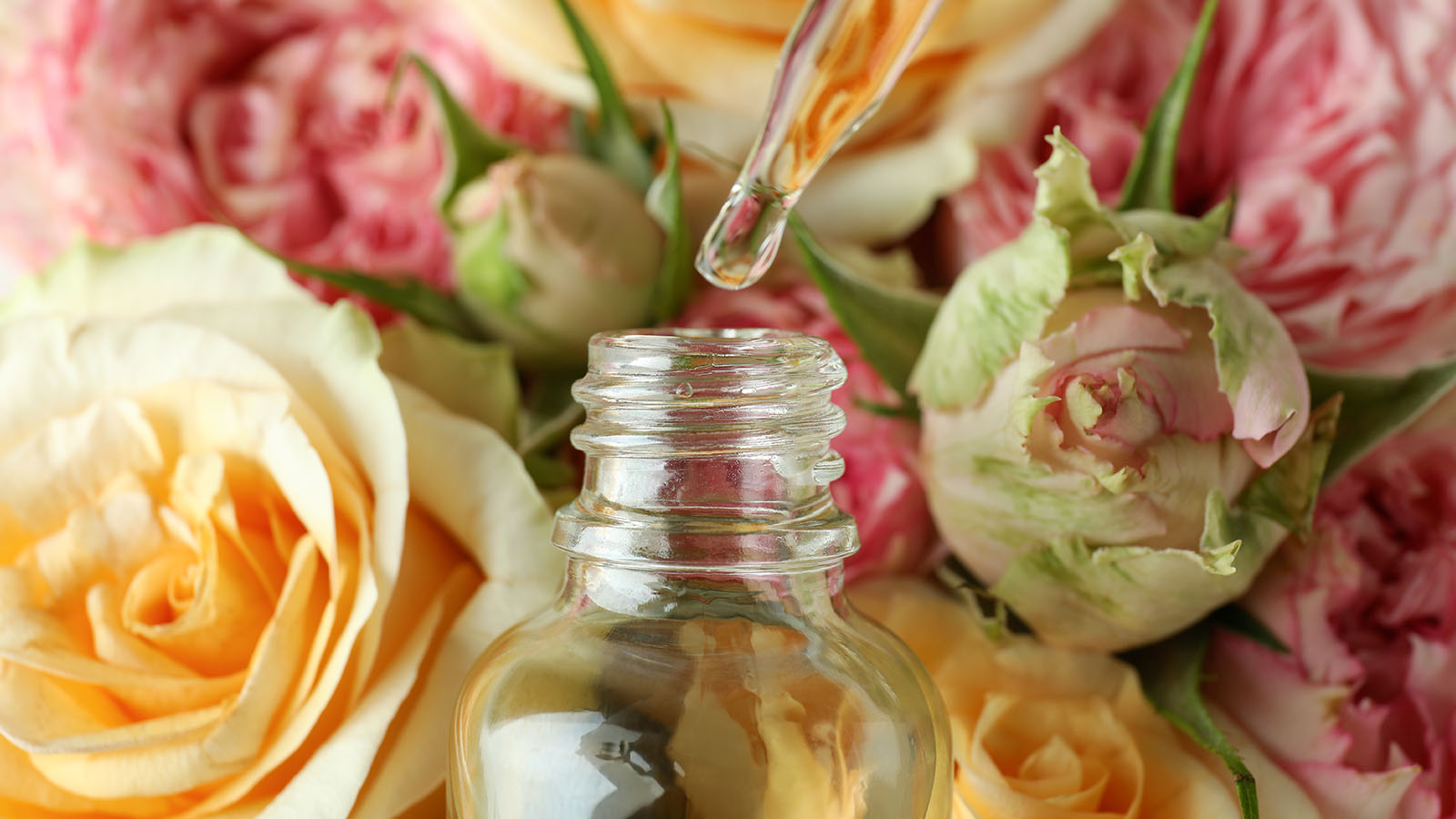Scents have a powerful effect on our moods and emotions. From calming lavender to invigorating citrus, certain aromas can uplift spirits, reduce stress, and even improve focus. The connection between scents and moods lies in the brain's olfactory system, which processes smells and links them directly to emotions and memories.
The Science Behind Scents and Emotions
The Role of the Olfactory System
The human sense of smell is directly connected to the brain's limbic system, which governs emotions, memories, and behavior. Unlike other senses, scents bypass the thalamus (the brain’s relay center) and reach the limbic system almost instantly. This unique pathway explains why smells evoke such strong and immediate emotional responses.
Neurotransmitters and Scents
Certain scents stimulate the release of neurotransmitters like dopamine, serotonin, and endorphins:
- Dopamine: Associated with pleasure and reward, activated by sweet or floral scents.
- Serotonin: Linked to relaxation and happiness, stimulated by calming aromas like lavender.
- Endorphins: Natural painkillers that create a sense of euphoria, often triggered by warm, comforting scents like vanilla.
Scents and Their Mood Effects
Relaxation and Stress Relief
- Lavender: Known for its calming effects, lavender is widely used in aromatherapy to reduce anxiety and promote better sleep.
- Chamomile: Often associated with relaxation, chamomile’s sweet, floral aroma helps soothe the mind and body.
Energy and Invigoration
- Citrus Scents: Lemon, orange, and grapefruit are invigorating and boost energy levels, making them ideal for combating fatigue or morning sluggishness.
- Peppermint: Refreshing and stimulating, peppermint enhances focus and physical performance.
Mood Enhancement
- Vanilla: Its warm, sweet scent creates feelings of comfort and happiness.
- Jasmine: Often associated with romance and positivity, jasmine’s floral aroma uplifts and inspires.
Focus and Concentration
- Rosemary: A woody, herbaceous scent that improves memory and cognitive performance.
- Sandalwood: Known for its grounding properties, sandalwood helps clear the mind and enhance focus.
Comfort and Nostalgia
Scents like freshly baked cookies or pine trees often evoke feelings of nostalgia and comfort. These scents are linked to personal memories, highlighting the deep connection between smell and emotions.
How Scents Influence Behavior
Workplace Productivity
Employers increasingly use scents like citrus or peppermint in offices to improve focus, reduce stress, and enhance employee productivity.
Retail Environments
Stores use pleasant scents to create inviting atmospheres that encourage longer shopping times and positive customer experiences.
Social and Romantic Settings
Certain fragrances, like jasmine or sandalwood, are used to foster connection and intimacy, making them popular in social and romantic contexts.
The Psychological Benefits of Aromatherapy
Aromatherapy, the practice of using essential oils to improve well-being, leverages the relationship between scents and moods:
- Stress Reduction: Oils like lavender and bergamot calm the nervous system.
- Improved Sleep: Scents such as chamomile and cedarwood promote deeper sleep cycles.
- Emotional Balance: Aromas like frankincense and rose uplift the spirit and reduce feelings of sadness.
How to Use Scents to Enhance Mood
- Scent Diffusers: Use a scent diffuser to fill your space with mood-enhancing aromas. Note: Do not use pure essential oil in a cold-air scent diffuser.
- Candles and Incense: Scented candles and incense sticks are an easy way to create a relaxing ambiance at home.
- Personal Application: Diluted essential oils can be applied to pulse points or used as part of a daily skincare routine to carry mood-boosting scents throughout the day.
- Scented Products: From bath bombs to room sprays, scented products offer versatile ways to harness the power of fragrance.
Scents, Moods, and Memory
The link between scents, moods, and memory is profound. Familiar aromas can evoke vivid memories and emotions, a phenomenon known as the Proustian effect (named after author Marcel Proust). This explains why the smell of a certain flower, food, or perfume can transport us back to a specific moment in time.
Choosing the Right Scents for Your Mood
- For Relaxation: Lavender, chamomile, ylang-ylang.
- For Energy: Lemon, orange, peppermint.
- For Happiness: Vanilla, jasmine, rose.
- For Focus: Rosemary, eucalyptus, sandalwood.
- For Comfort: Cinnamon, clove, cedarwood.
Experimenting with different scents can help you discover what works best for your mood and needs.
Harness the Emotional Power of Scents
Scents are more than just pleasant aromas—they are powerful tools for shaping emotions and improving well-being. By understanding the connection between scents and moods, you can use fragrance to create a more balanced, joyful, and productive life. Whether through aromatherapy, candles, or simply surrounding yourself with your favorite scents, the possibilities are endless.

















Share:
Essential Oils and Mood Disorders
Common Myths About Fragrance Oils Debunked